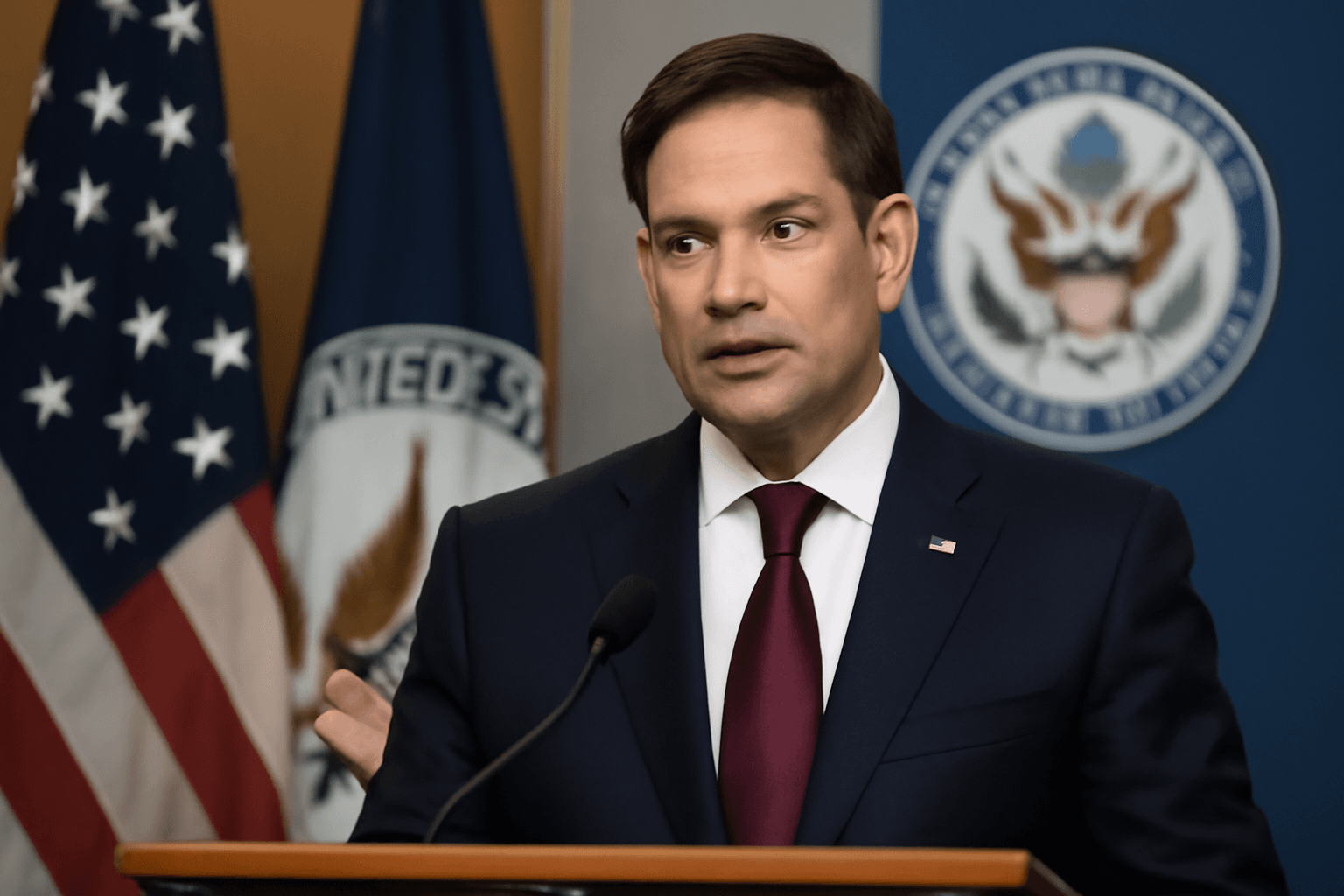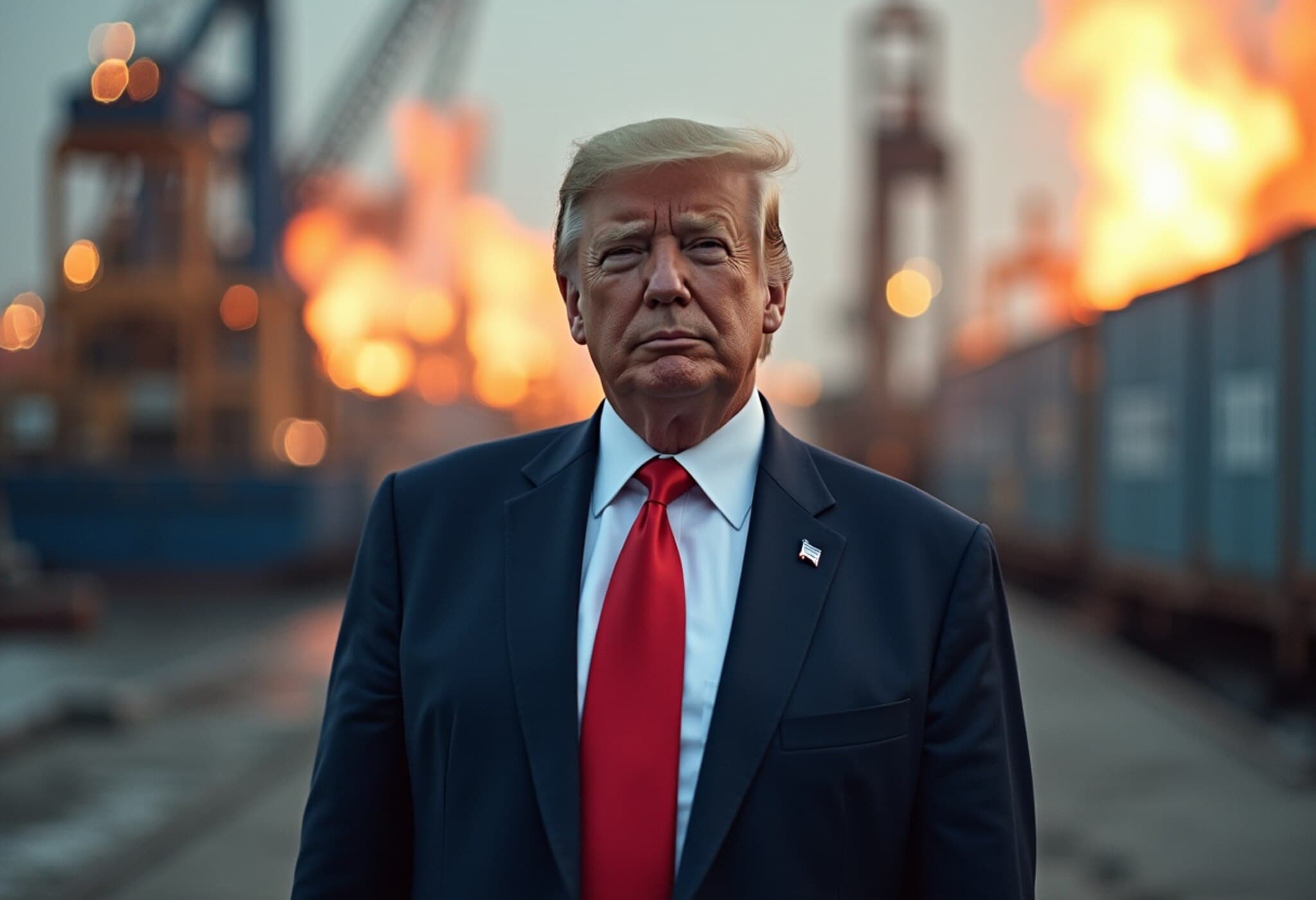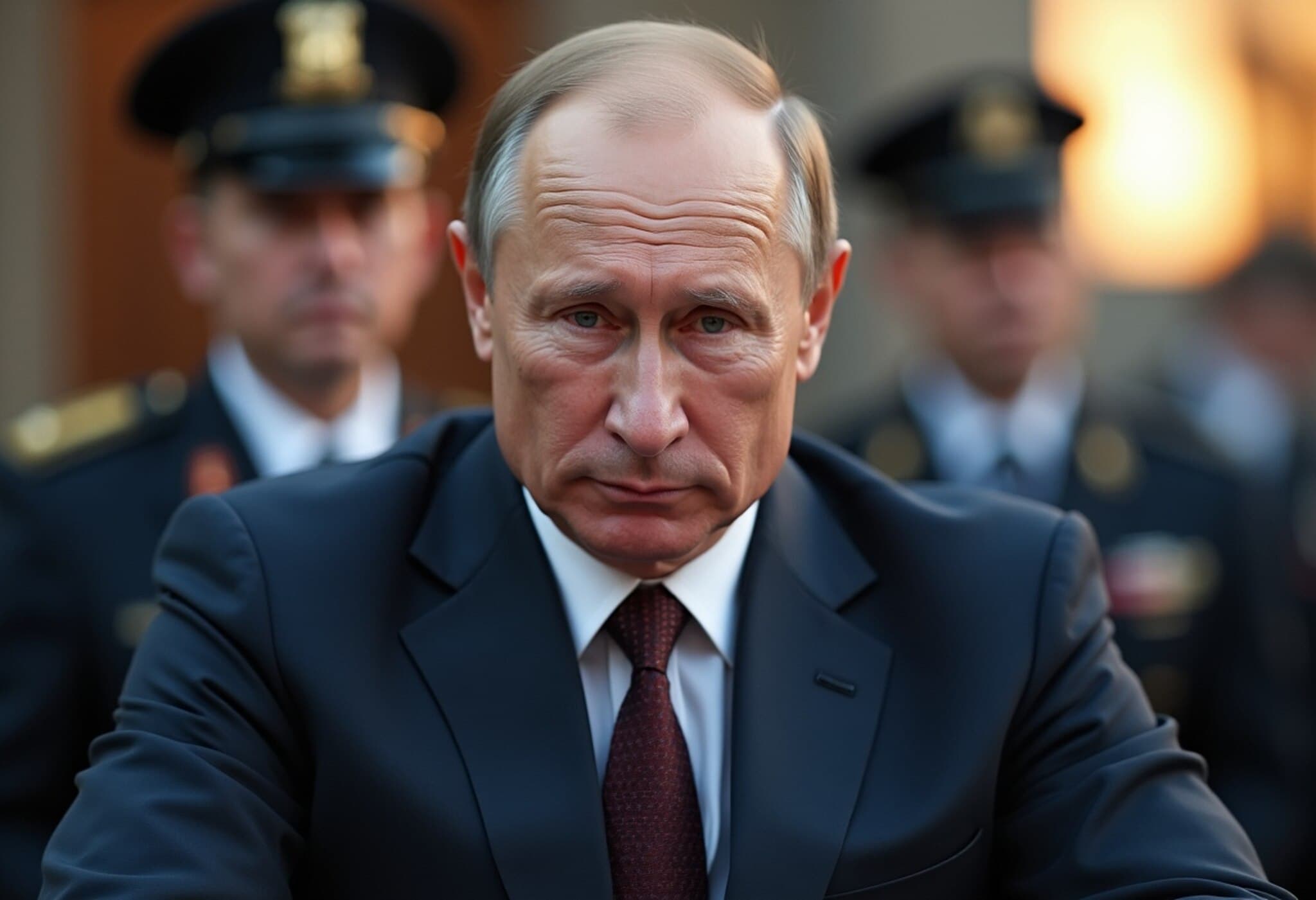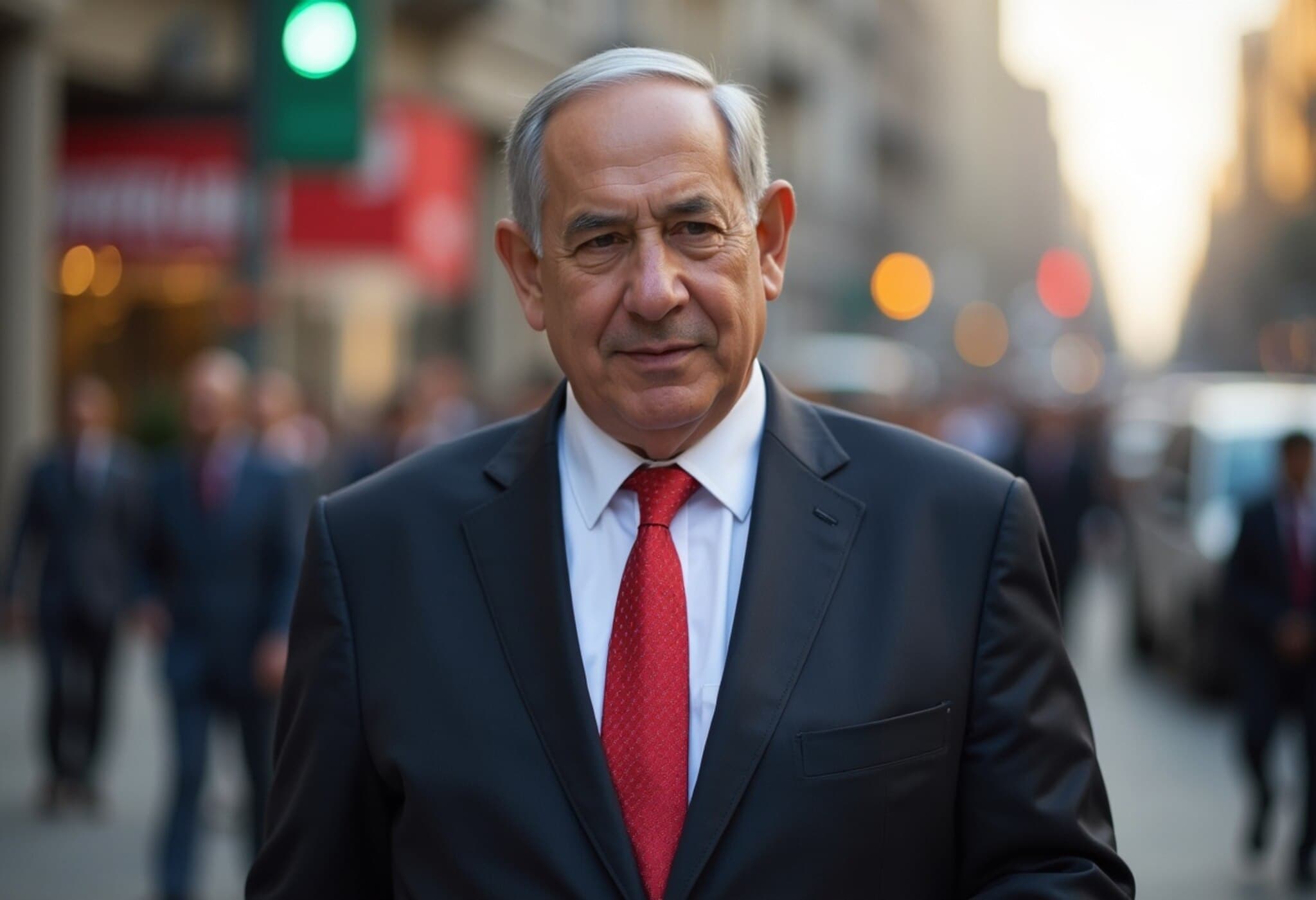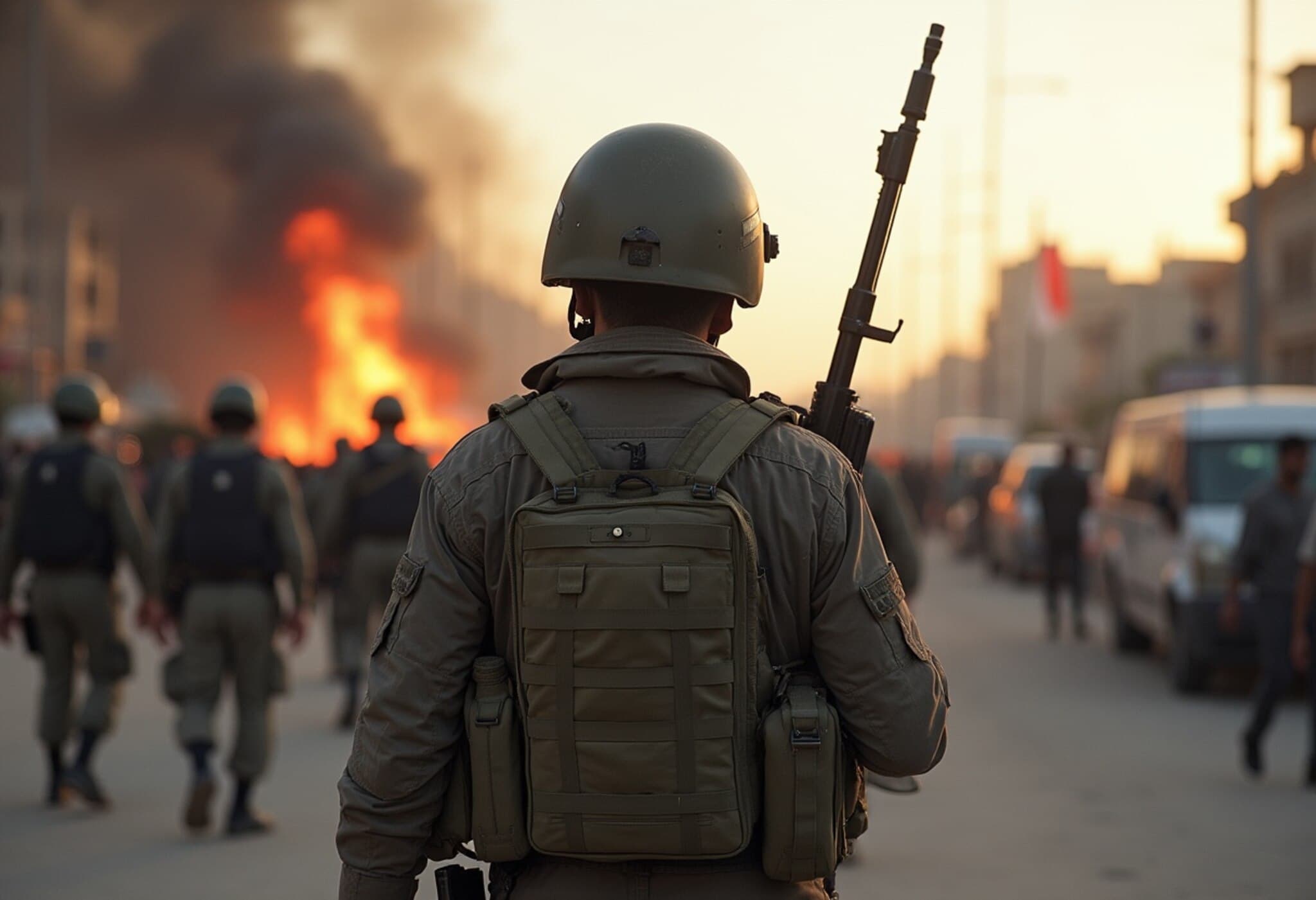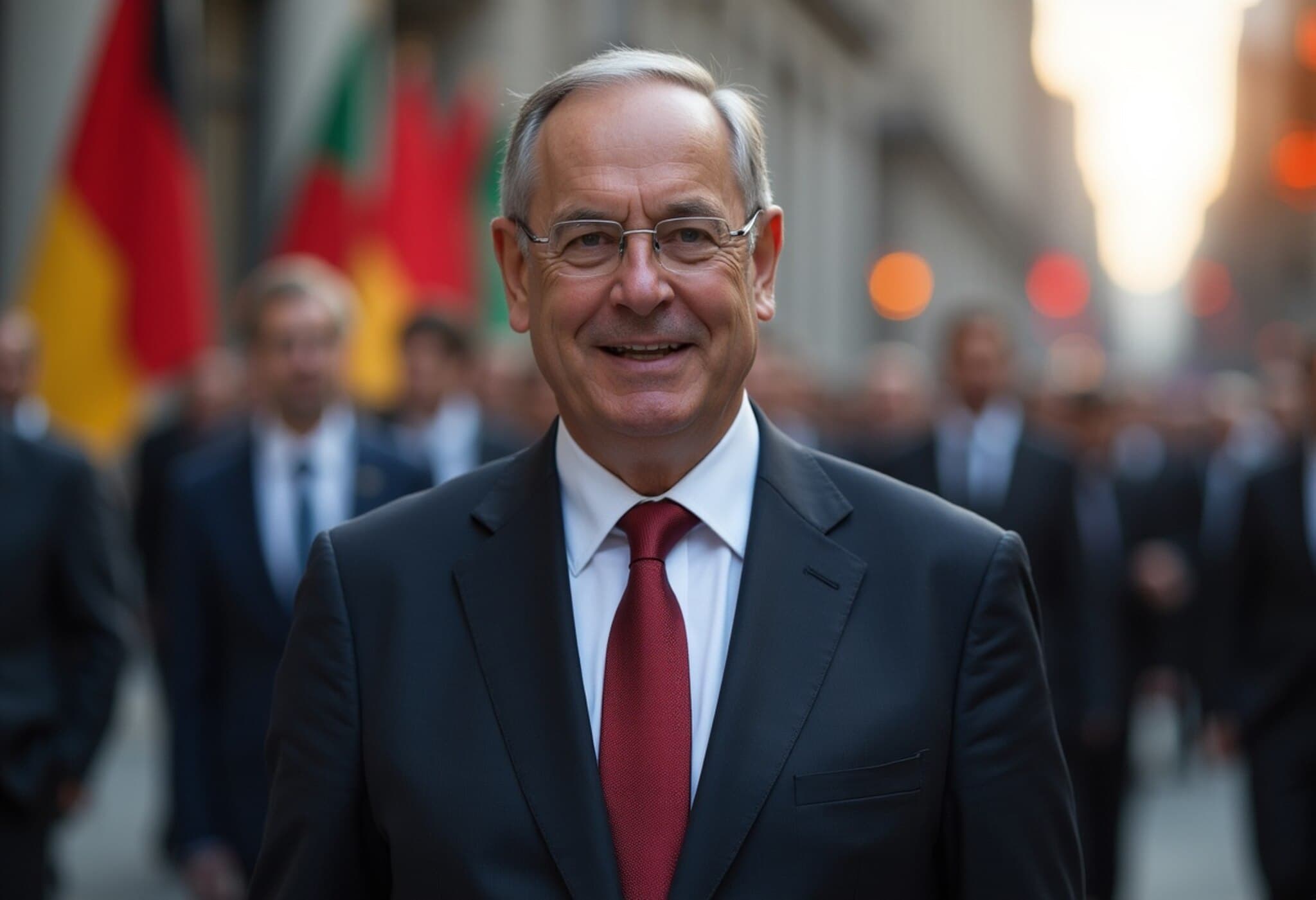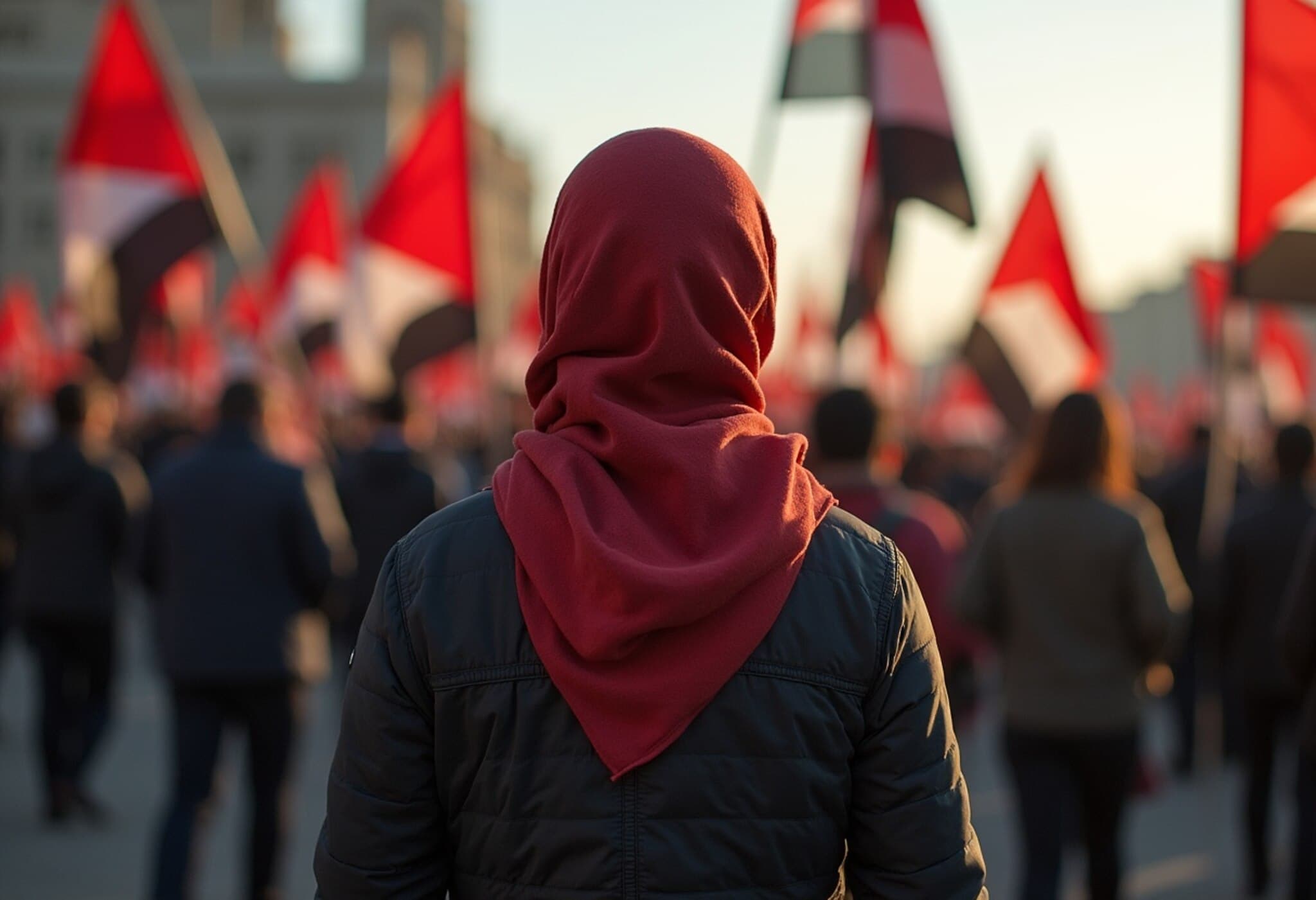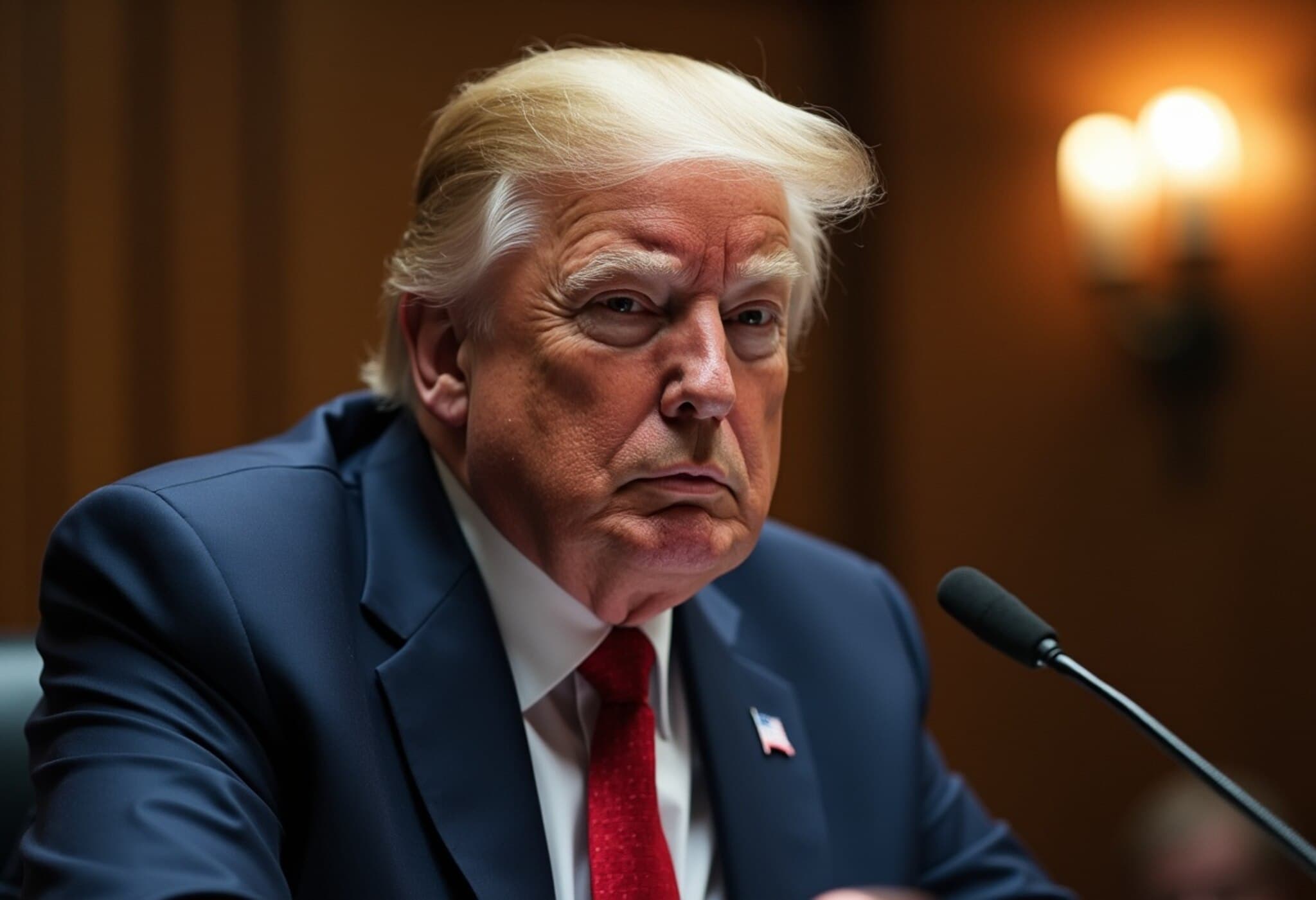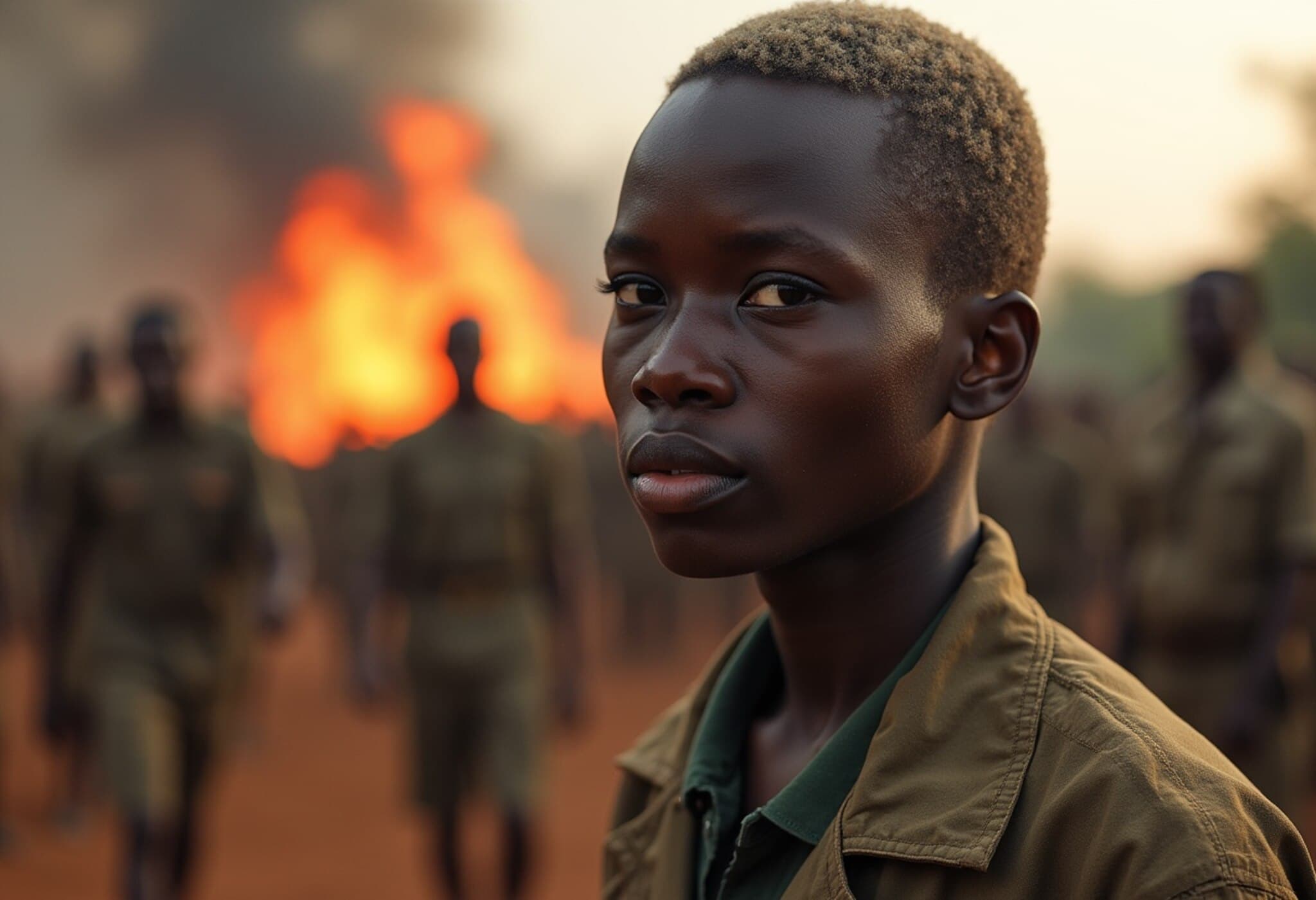US Escalates Sanctions Against International Criminal Court Over Netanyahu Arrest Warrant
In a dramatic move underscoring deep geopolitical tensions, the United States government has broadened its sanctions against the International Criminal Court (ICC) this week, specifically targeting judges involved in cases against Israeli Prime Minister Benjamin Netanyahu. This step has reignited intense debate about the role of international justice and national sovereignty.
Rubio Labels ICC a 'National Security Threat'
US Secretary of State Marco Rubio did not mince words, describing the ICC as a “national security threat” and accusing it of weaponizing justice—often called “lawfare”—against both the United States and its steadfast ally, Israel. In his official statement, Rubio criticized the court for pursuing investigations into US and Israeli citizens without either country’s consent.
This rhetoric echoes sentiments popular among certain political groups within the US, framing the ICC as overstepping its mandate and undermining national sovereignty.
Sanctioned Judges and International Backlash
Among those sanctioned is Judge Nicolas Guillou of France, who presides over the case that led to an arrest warrant for Netanyahu. Guillou's career is distinguished by significant prior work on cases involving Kosovo and Lebanon, as well as judicial cooperation with the US Justice Department during the Obama administration.
Under these sanctions, Guillou is barred from entering the United States and any US-based assets he holds will be frozen — a measure typically reserved for adversaries rather than allies. Alongside him, Canadian judge Kimberly Prost and two ICC deputy prosecutors—Nazhat Shameem Khan (Fiji) and Mame Mandiaye Niang (Senegal)—have also been targeted.
France quickly expressed “dismay” at the US’s decision, emphasizing that these sanctions conflict with the principle of judicial independence. Similarly, the ICC condemned the sanctions as a blatant attack on the impartiality of the court, stressing its role as a last resort for international justice.
Context of the ICC Investigation
The ICC’s investigation centers on allegations that Netanyahu bears responsibility for war crimes and crimes against humanity related to Israel’s military offensive in Gaza. These include claims of intentionally targeting civilians and employing starvation tactics, a charge deeply disputed by Israel, which maintains its actions were a necessary response to an unprecedented and deadly Hamas attack.
Besides Netanyahu, the ICC has issued warrants for other prominent figures such as former Israeli Defense Minister Yoav Gallant and Hamas commander Mohammed Deif, recently confirmed dead by Israeli forces.
Political and Legal Complexities
Rubio’s aggressive stance is consistent with previous policies. The Trump administration actively opposed the ICC's authority, withdrawing US cooperation and imposing sanctions on judges. The Biden administration has taken a more nuanced approach—criticizing Israeli investigations while engaging selectively in ICC activities, particularly concerning evidence collection in Ukraine.
This controversy highlights a broader issue: the ICC’s authority remains contested by key global players including the US, Israel, and Russia. Notably, Russian President Vladimir Putin, who faces an ICC arrest warrant for alleged war crimes in Ukraine, continues to avoid international travel due to legal vulnerabilities, yet remains politically shielded by allies.
Expert Insight: The Clash Between Sovereignty and Global Justice
The US sanctions underscore the thorny balance between national sovereignty and international accountability. Experts warn that politicizing international courts risks undermining the very principles of justice they uphold. Dr. Laura Simmons, an international law scholar, notes, "While states understandably defend their citizens, impeding independent legal processes can erode the global rule of law and fuel impunity. The challenge lies in reforming international justice mechanisms without sacrificing impartiality or respect for sovereignty."
What Lies Ahead?
- The ICC faces growing pressure to maintain judicial independence amid geopolitical pushback.
- The US may continue leveraging sanctions as a diplomatic tool to protect allies and assert its foreign policy priorities.
- Allies like France and Canada are navigating the delicate tension between supporting international justice and preserving strategic partnerships.
- Broader questions persist about how the international community can reconcile legal accountability with political realities, especially in conflict zones.
Editor’s Note
As the United States intensifies its confrontation with the ICC, it spotlights a pivotal debate over the future of international law: Can global institutions enforce justice without being entangled in political conflicts? This episode compels us to ask how democratic nations should engage with supranational courts when their national interests are at stake, and what safeguards can preserve judicial neutrality without compromising sovereignty. The ripples of these decisions will profoundly affect how justice and diplomacy intersect in an increasingly fractious world.

